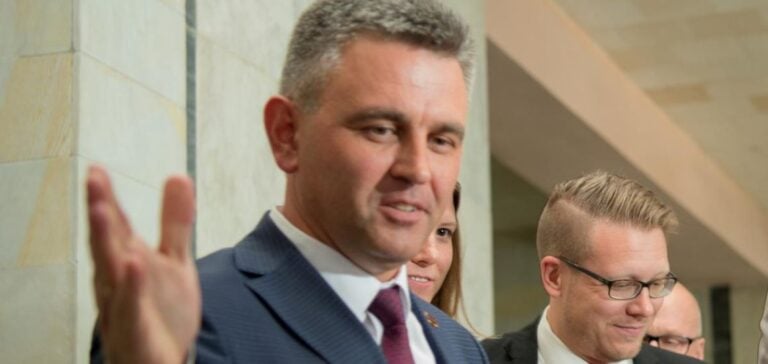The separatist territory of Transdniestria, located in Moldova and not internationally recognized, is facing a severe energy crisis. Since January 1, Russian gas supplies, previously provided by Gazprom through the local company Tiraspoltransgaz, have been halted. This decision stems from a dispute over debt accumulation, which Moscow attributes to Chisinau, the Moldovan capital.
A former Soviet republic, Transdniestria has operated outside Moldovan control since 1992, following an armed conflict. Until recently, gas destined for the region transited through Ukraine, but geopolitical disruptions combined with the cessation of Russian deliveries via this corridor have exacerbated the situation. Although an agreement with Moscow to utilize the TurkStream pipeline remains a theoretical solution, no arrangement has been reached.
Local measures to contain the crisis
Faced with this abrupt cut-off, Transdniestrian authorities have implemented daily power outages and halted industrial operations, particularly in energy-intensive sectors. This situation threatens to have severe economic repercussions and significantly disrupt the lives of residents.
Vitali Ignatiev, the region’s Interior Minister, recently expressed hope for increased support from Russia to avert what he described as “horrific humanitarian consequences.” These appeals underscore the territory’s structural dependence on Moscow, both for energy and financial support.
A high-stakes visit to Moscow
Vadim Krasnosselski, the president of Transdniestria, traveled to Moscow to discuss the situation. While the details of his meetings were not disclosed, his spokesperson, Denis Podgorny, confirmed that the energy crisis was the primary topic of discussion. This visit, revealed only after local media coverage, highlights the urgency and severity of the situation.
Maia Sandu, Moldova’s pro-European president, asserted that Chisinau is not an obstacle to resolving the crisis, rejecting accusations of sabotage from the pro-Russian camp. Meanwhile, Moldova is striving to meet its own energy needs by purchasing electricity from neighboring Romania, though this alternative has led to steep price increases for households.
A region at the heart of geopolitical tensions
Transdniestria, located between Moldova and Ukraine, remains a focal point of tensions, where the energy crisis reflects broader issues. As Eastern Europe works to reduce its energy dependence on Russia, regions like Transdniestria, deeply integrated into the Russian energy system, are left vulnerable.
The European Union is closely monitoring the situation, aware of the potential economic and humanitarian consequences for the region. In this context, Transdniestria’s energy future depends not only on negotiations with Moscow but also on Chisinau and its Western partners’ ability to construct viable alternatives.






















